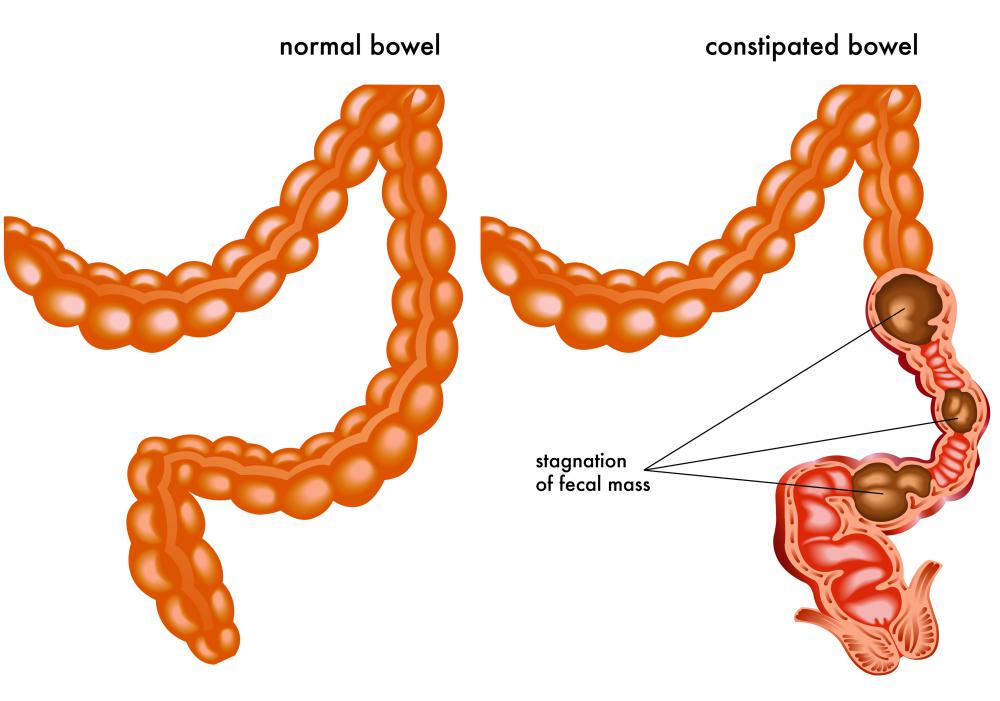At WiseGEEK, we're committed to delivering accurate, trustworthy information. Our expert-authored content is rigorously fact-checked and sourced from credible authorities. Discover how we uphold the highest standards in providing you with reliable knowledge.
What are the Most Common Hypercalcemia Symptoms?
Hypercalcemia is an elevated level of calcium in the blood. It may be a sign of hyperparathyroidism or excessive secretion of parathyroid hormone, a malignant tumor, a vitamin-D metabolic disorder, kidney failure, or Paget's disease of the bone, in which there is excessive formation and breakdown of bone tissue. While hypercalcemia is often asymptomatic, there are many characteristic hypercalcemia symptoms.
The higher the levels of calcium in the blood, the worse the hypercalcemia symptoms. The most common hypercalcemia symptoms are often referred to as "groans, moans, bones, stones, and psychiatric overtones." Other possible symptoms are increased urination, inflammation of the pancreas, abnormal heartbeat, ulcers in the gastrointestinal tract called peptic ulcers, and in severe cases, coma and heart attack.

The "groans" are caused by constipation, nausea, or vomiting. Anorexia is an associated symptom. "Moans" refers to psychotic noises emitted by the patient, and "bones" refers to bone pain, which is especially common if hyperthyroidism or Paget's disease is the cause of hypercalcemia symptoms. "Stones" refers to kidney stones, which may present along with hypercalcemia in the case of kidney failure, and the "psychiatric overtones" can present as depression, fatigue, and confusion.

When experiencing any hypercalcemia symptoms, it is important to seek diagnosis. Treatment for hypercalcemia often begins with fluid replacement, increased salt intake, and diuretics. Hydration helps replace fluids lost through vomiting and increased urination, while salt intake and diuretics help the body retain fluid and excrete more sodium and calcium, helping to lower calcium levels in the blood.

Medication with bisphosphonates and calcitonin is used in more severe cases to prevent bone resorption, in which bone is broken down, and releases calcium into the blood. Calcitonin also blocks the kidneys from reabsorbing calcium, resulting in increased excretion of calcium. Other possible medications, though rarely used, include phosphate, plicamycin, gallium nitrate, and glucocorticoids. If hypercalcemia symptoms present with kidney failure, dialysis may be required.
AS FEATURED ON:
AS FEATURED ON:
















Discuss this Article
Post your comments